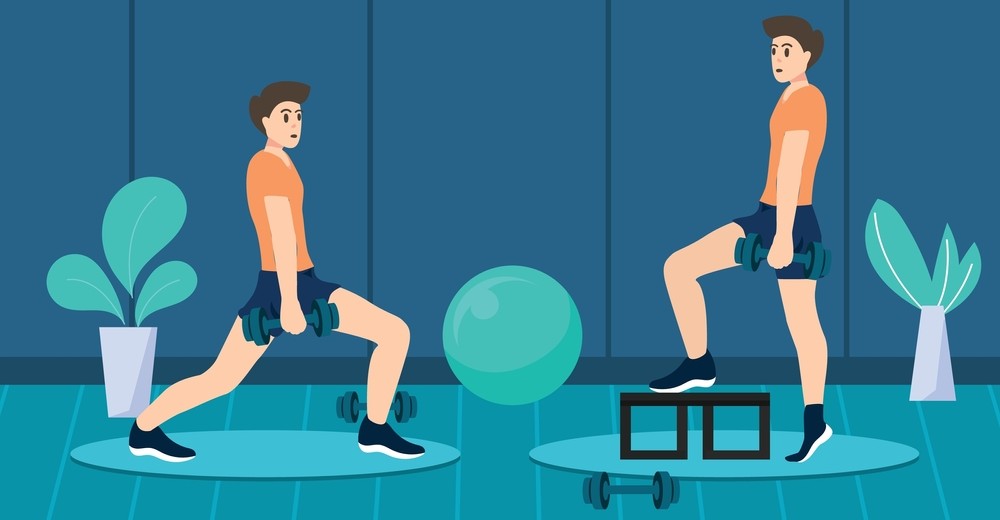Losing weight is often associated with hitting the gym or sweating through intense workouts. But what if you don’t have the time, energy, or ability to exercise? Is weight loss without exercise possible? The answer is yes! While exercise can accelerate weight loss, it’s not the only way to shed pounds. In this guide, we’ll explore how you can lose weight through diet and lifestyle changes alone, offering practical tips and strategies to help you achieve your goals.
Can You Lose Weight Without Exercise?
Weight loss fundamentally comes down to creating a calorie deficit—burning more calories than you consume. While exercise helps increase calorie burn, it’s not the only way to achieve this deficit. By focusing on your diet and making smart lifestyle choices, you can lose weight without ever stepping foot in a gym.
How to Lose Weight Without Exercise
Here are science-backed strategies to help you lose weight without exercise:
1. Focus on Nutrition
- Why It Works: What you eat has a greater impact on weight loss than exercise.
- How to Do It:
- Eat whole, nutrient-dense foods like fruits, vegetables, lean proteins, and whole grains.
- Avoid processed foods, sugary snacks, and high-calorie beverages.
- Practice portion control to avoid overeating.
2. Track Your Calories
- Why It Works: Monitoring your calorie intake helps you stay within your daily limit.
- How to Do It: Use apps like MyFitnessPal or a food diary to log your meals and snacks.
3. Eat More Protein
- Why It Works: Protein boosts metabolism, reduces appetite, and helps preserve muscle mass.
- How to Do It: Include protein-rich foods like eggs, chicken, fish, tofu, and legumes in every meal.
4. Drink Plenty of Water
- Why It Works: Water boosts metabolism, reduces hunger, and helps flush out toxins.
- How to Do It: Aim for at least 8 glasses of water daily and replace sugary drinks with water or herbal tea.
5. Prioritize Sleep
- Why It Works: Poor sleep disrupts hormones that regulate hunger and appetite, leading to weight gain.
- How to Do It: Aim for 7-9 hours of quality sleep each night and establish a consistent sleep routine.
6. Manage Stress
- Why It Works: Chronic stress increases cortisol levels, which can lead to fat storage, especially in the belly.
- How to Do It: Practice stress-relief techniques like meditation, deep breathing, or journaling.
7. Eat Mindfully
- Why It Works: Mindful eating helps you recognize hunger and fullness cues, preventing overeating.
- How to Do It: Eat slowly, savor each bite, and avoid distractions like TV or phones during meals.
8. Cut Back on Refined Carbs and Sugars
- Why It Works: Refined carbs and sugars spike insulin levels, promoting fat storage.
- How to Do It: Replace white bread, pasta, and sugary snacks with whole grains, vegetables, and fruits.
9. Incorporate Healthy Fats
- Why It Works: Healthy fats like those in avocados, nuts, and olive oil keep you full and support fat burning.
- How to Do It: Add a small handful of nuts or a drizzle of olive oil to your meals.
10. Use Smaller Plates
- Why It Works: Smaller plates help control portion sizes and prevent overeating.
- How to Do It: Serve meals on smaller plates and bowls to naturally reduce portion sizes.
Common Mistakes to Avoid
When trying to lose weight without exercise, avoid these pitfalls:
- Skipping Meals: This can slow metabolism and lead to overeating later.
- Over-Restricting Calories: Severely cutting calories can harm your metabolism and lead to nutrient deficiencies.
- Ignoring Hunger Cues: Listen to your body and eat when you’re hungry, but stop when you’re full.
- Relying on Fad Diets: Extreme diets are unsustainable and can harm your health.
The Role of Lifestyle Changes
Small lifestyle changes can make a big difference in your weight loss journey:
- Stay Consistent: Stick to your plan, even on weekends or busy days.
- Set Realistic Goals: Aim for gradual weight loss of 1-2 pounds per week.
- Celebrate Progress: Acknowledge and reward your achievements, no matter how small.
When to Seek Professional Help
If you’re struggling to lose weight without exercise, consider consulting:
- A Nutritionist: For personalized meal plans and dietary advice.
- A Healthcare Provider: To rule out medical conditions like hormonal imbalances.
Weight loss without exercise is absolutely possible by focusing on nutrition, portion control, and lifestyle changes. While exercise can enhance your results, it’s not a requirement for shedding pounds. By making smart choices and staying consistent, you can achieve your weight loss goals and maintain a healthier lifestyle.
Remember, sustainable habits are the key to long-term success. Start small, stay patient, and celebrate every step forward.



